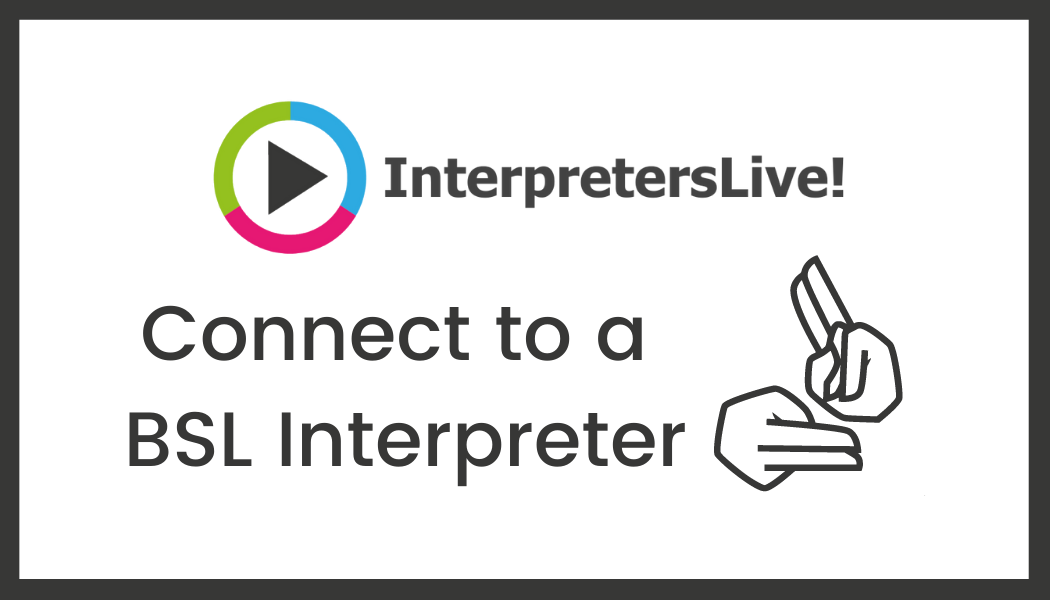
Research continues to prove the value of diverse and inclusive workplaces. Not only does the diversity of perspective and viewpoints unlock greater innovation and lead to more effective decision-making, but individuals working in these environments tend to be more engaged and motivated.
Despite the clear benefits, many employers struggle to elevate ED&I from a programme to something embedded into the organisation’s cultural fabric. While such initiatives might be promoted heavily internally and externally, they may lack the buy-in required to deliver tangible long-term results.
For ED&I to secure its rightful place at the top of your organisation’s agenda, it must be fully ingrained into business practices and remain front of mind, without the messaging surrounding it growing stale. Here, we explore some of the ways to ensure your ED&I strategy remains a priority.
1. Establish your “why”
Due to increased emphasis on workplace diversity and inclusion in recent years, many organisations have concluded that they must take action. However, rolling out a programme because it's the "right thing to do" will only go so far. To win hearts and minds, it must link with the company's mission, vision, and values. For example, if you're committed to providing the best levels of customer care, your team should better reflect the communities you serve.
2. And your “what”
A truly diverse and inclusive workforce embraces all lived experiences and ensures every voice is heard. However, does your ED&I strategy embody this? Do your people understand it fully? A common misconception about ED&I is that it exclusively refers to immutable traits like race, ethnicity, and gender. It's crucial to outline precisely what ED&I looks like and the value placed on different experiences and viewpoints, including educational background, socioeconomic status, age and neurodiversity.
3. Ongoing communication
One of the best ways to keep your ED&I agenda fresh is to keep talking about it. It shouldn't be something that is written up, placed on a website and never heard about again. Establishing ED&I ambassadors and steering committees ensures these conversations keep happening while also securing employee buy-in and promoting accountability at all levels. Regular reporting on goals should be factored into internal communications, with messaging around the 'why' included, so people are reminded of the bigger picture.
4. Ongoing learning
ED&I strategies can fall down when too much attention is paid to the recruitment and retention of diverse talent. Organisations that see the greatest success nurture an inclusive culture that welcomes and celebrates difference. Key to this is investing in continuous education for everyone to gain a deeper understanding of issues that impact diversity and inclusion in the workplace. Expanding learning initiatives beyond one-off training sessions, whether regular workshops, discussions or Q&A sessions, establishes ED&I as more than a tick-box exercise to become a vital element of the organisation's culture.
5. Highlighting leaders
Diversity at the top is crucial to reinforcing that your organisation genuinely values different lived experiences. As previously mentioned, immutable characteristics often provide a direct definition of diversity. In fact, members of your leadership team may have an important story to tell that reveals more about their career journey. Perhaps a learning disability impacted their educational trajectory, or they had a challenging economic start in life. Sharing experiences with the broader team in an open environment can break down perceived barriers, both regarding access to leaders and the positions they hold. Initiatives like this can be an excellent way to start conversations with employees about their aspirations and, in turn, help you build a diverse leadership talent pipeline.
We’re here to support you
Here at level=, it's our mission to help every sports organisation, regardless of size or scope, bring diversity and inclusion to their leadership and broader teams. Find out more about some of the ways we support employers and help them implement effective ED&I policies that promote fair and inclusive hiring practices. Alternatively, connect with our team on 020 8159 8656 or email hello@levelequals.com.
Connect with us on 020 8392 9959 or email hello@levelequals.com.




